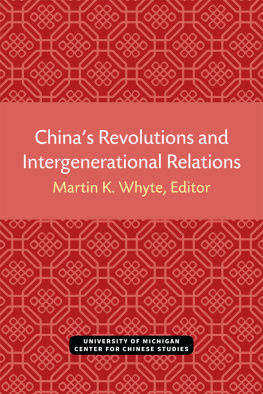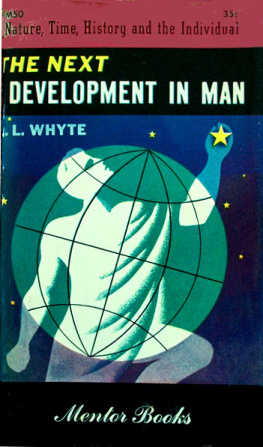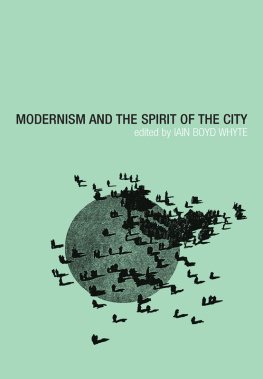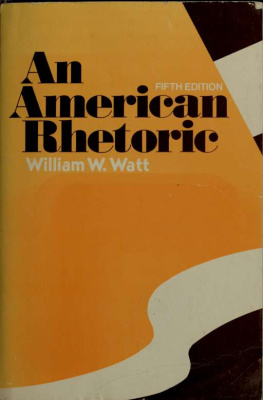Stanford University Press
Stanford, California
2010 by the Board of Trustees of the Leland Stanford Junior University. All rights reserved.
No part of this book may be reproduced or transmitted in any form or by any means, electronic or mechanical, including photocopying and recording, or in any information storage or retrieval system without the prior written permission of Stanford University Press.
Printed in the United States of America on acid-free, archival-quality paper
Library of Congress Cataloging-in-Publication Data
Whyte, Martin King.
Myth of the social volcano : perceptions of inequality and distributive injustice in contemporary China / Martin King Whyte.
p. cm.
Includes bibliographical references and index.
9780804774185
1. EqualityChinaPublic opinion. 2. Distributive justiceChinaPublic opinion. 3. ChinaEconomic conditionsPublic opinion. 4. ChinaSocial conditionsPublic opinion. 5. Public opinionChina. I. Title.
HN740.Z9W58 2010
305.095109045dc22 2009035620
Typeset by Westchester Book Group in Sabon 10/13
Dedicated fondly to the memory of Leslie Kish, who cared as much about social justice as he did about sampling methods
ACKNOWLEDGMENTS
The research project that formed the basis for this book began more than a decade ago and involved a large number of supporting researchers, students, and institutions. As a consequence, there are many people to thank for helping this book finally see the light of day. As with any complex enterprise of this type, none of those who helped this research along the way should be held responsible for any of the shortcomings in the resulting book.
My initial thanks go to Leslie Kish for suggestingin a conversation in the living room of the home of his daughter Carla in Silver Spring, Maryland, in 1998that I come up with a new research question and project suitable for survey research in China. Leslie had been a cherished colleague and neighbor from my days as a faculty member in sociology at the University of Michigan, and he had been supportive and helpful in my earlier forays into China survey work. As a result of his stimulus, I decided that I wanted to conduct research on how ordinary Chinese viewed the growing inequalities that had been unleashed by Chinas market reforms after 1978. Leslie died in 2000 and didnt see the results of his advice and enthusiasm. I gratefully dedicate this book to his memory.
I also owe considerable intellectual and other debts to the project research team that has worked with me to produce first a pilot survey on inequality and distributive justice attitudes in Beijing in 2000 and then the national survey with the same focus that forms the basis of the present book, which was carried out in the fall of 2004. The other members of the project research team include Jieming Chen, Chunping Han, Pierre Landry, Albert Park, and Wang Feng on the U.S. side, and Shen Mingming and Yang Ming and the staff of the Research Center for Contemporary China at Peking University (and particularly RCCC Associate Director, Yan Jie) on the China side.
I received financial support from the Beijing Office of the Ford Foundation for an initial planning meeting in Ann Arbor, Michigan, in 1999 to prepare for the Beijing pilot survey, and I am grateful to that offices director at the time (now my colleague at Harvard), Tony Saich. Attending the Ann Arbor planning workshop were Duane Alwin, Bao Shuming, David Featherman, Gail Henderson, Leslie Kish, David Mason, Albert Park, Ellen Pimentel, Carl Riskin, Jan Svejnar, Kathy Terrell, Steven Tuch, and Wang Feng on the U.S. side, and Shen Mingming, Yang Ming, Feng Xiaotian, Hao Hongsheng, Lu Hanlong, Pan Rongkang, and Qiu Haixiong on the Peoples Republic of China side, as well as Hong Yung-tai from Taiwan. I am particularly grateful to Duane Alwin and David Mason, leading figures in the International Social Justice Project (ISJP) surveys conducted in Eastern Europe and in other countries during the 1990s (see the comparative analysis of survey results presented in Chapter 4 of the present volume), for explaining at the planning workshop the logic of the ISJP attitude surveys on inequality and distributive injustice and providing a guide to the publicly archived data from those surveys. My thanks also to Bernd Wegener and Jean-Yves Gerlitz at Humboldt University in Germany, to Hynek Jerabek at Charles University in the Czech Republic, and to Antal rkeny at Etvs Lorand University in Hungary for facilitating access to the new ISJP survey data collected in 2005 and 2006.
The final planning meeting for the 2000 Beijing pilot survey was conducted at the RCCC offices in May 2000, where we were hosted by Shen Mingming and Yang Ming. Participating from the U.S. side were Albert Park, David Featherman, Wang Feng, and myself. At that meeting a final module of questions about inequality attitudes, many of them translations of questions used in the earlier ISJP surveys, was finalized and incorporated into the Beijing Area Study (BAS) survey that RCCC carried out in Chinas capital later in the year.
The fact that we were able to carry out the Beijing pilot survey without incident emboldened our project team to seek funds for a national survey on views about rising inequality. At this stage Pierre Landry, who had not been involved in the Beijing pilot survey, joined the project team and took on major responsibility for designing the sampling plan for a national survey using an innovative sampling method he helped devise (for details, see Chapter 2). We received the major funding for the 2004 national survey from the Smith Richardson Foundation, and the author is very grateful to that foundation and to program officer Allan Song for their generosity and support during the extended period from initial grant to the completion of this book. Additional funding was provided by Harvards Weatherhead Center for International Affairs, the Center for the Study of Democracy at the University of California at Irvine, and Peking University. Our colleagues at RCCC again hosted a final planning meeting on the Peking University campus in the spring of 2004, at which the national survey questionnaire and sampling plan were finalized, with Jieming Chen, Chunping Han, Pierre Landry, Albert Park, and the author participating from the U.S. side. My U.S.-based colleagues and I are very grateful to RCCC and to Shen Mingming, Yang Ming, and Yan Jie particularly for their skill and efficiency in conducting the survey fieldwork in the fall of 2004 and then preparing the survey data and documentation for distribution to all project members the following spring.
All of the funding for this project was expended carrying out the survey fieldwork and data preparation, and I did not have another grant to support the analysis of the data and preparation of research reports. Fortunately, I was able to draw on the supplemental financial support available to me as a Harvard faculty member and the assistance of multiple graduate students in Harvards doctoral program in sociology in analyzing the rich and complex survey data our 2004 interviews produced. Tao Lin and Chunping Han assisted me in analyzing data from the Beijing pilot survey, and as a result of this experience, Chunping evolved from a research assistant into a full-fledged member of the research team for the 2004 survey. Subsequently, I was assisted by Jundai Liu, Patrick Hamm, and Min Zhou, while Alison Denton Jones carried out the back-translation from Chinese to English of the 2004 questionnaire. More recently Maocan Guo, Edward Weihua An, and Dong-Kyun Im helped me with statistical analyses keyed to the specific chapters of this book and contributed in vital ways to its completion. Without the dedicated assistance of a very large share of recent Harvard sociology doctoral students interested in China, I would not have been able to produce this final report on our survey findings.











